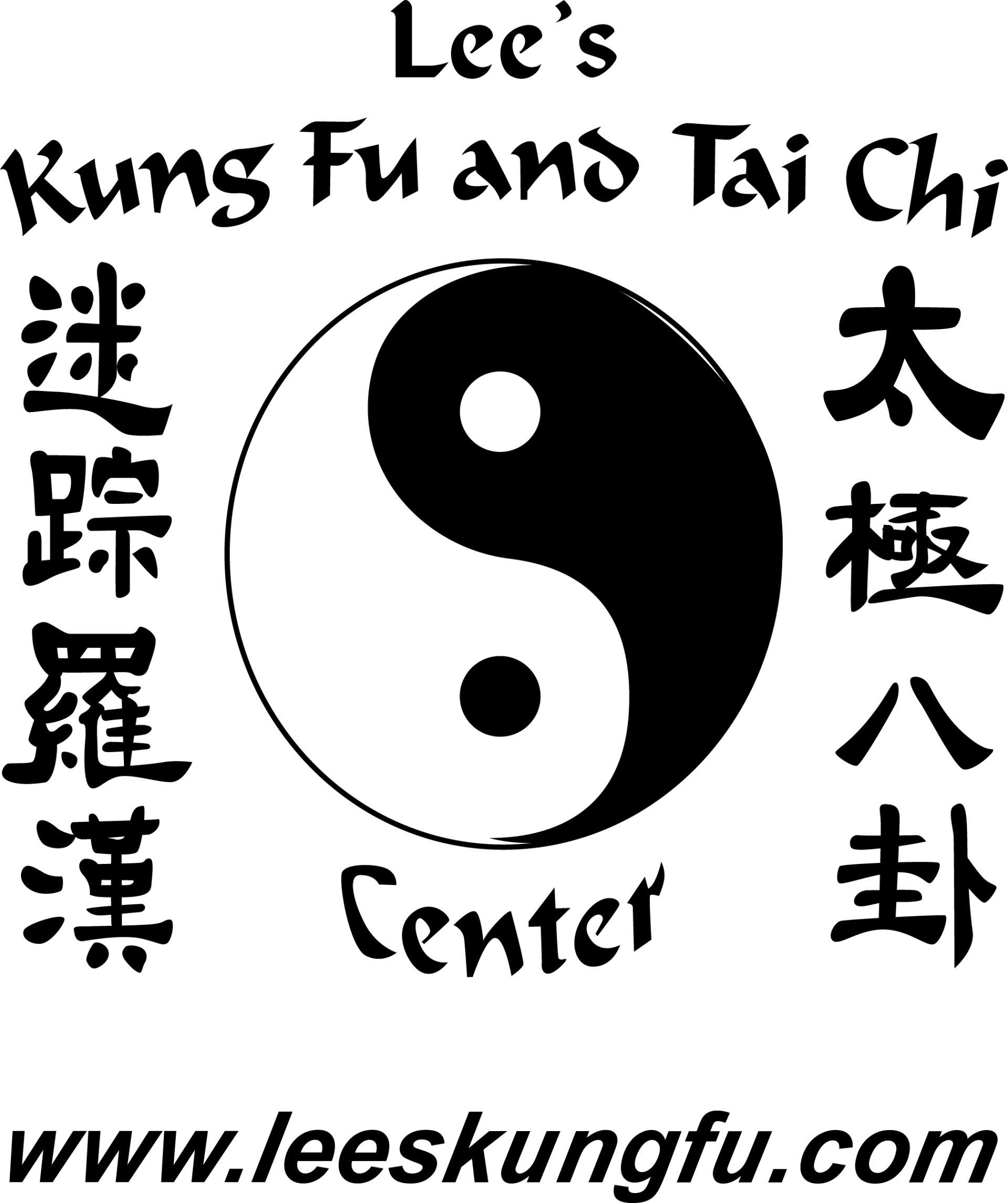Student Rules
Lee's welcomes you to martial arts training and the traditions. These traditions are the foundation of successful training and provide a groundwork of attitudes and actions that ensure success. Please read and feel free to discuss with the instructors.
- Treat your fellow students with courtesy and respect. By giving and helping them to be better, you will strengthen yourself. Senior students, be humble. Treat junior students as equals, thus enabling you to have the respect and position of a senior. Junior students, be respectful to your senior. Upper belts assist lower belts.
- Rely on your teachers’ judgment. Many times you may not agree with policies, or actions, but it is your responsibility to stand behind them and strive for better understanding as junior students do towards you. You are just on one of many steps and possibly the next step will give you better understanding. Teachers are human and make mistakes and human problems - like anyone else. Realize that no one will be a perfect example. Hold your doubts or criticisms to yourself and possibly your view will change later on the matter. Arguing back to your teacher says you are their equal in knowledge. This is considered very poor code and essentially you need another teacher.
- Never consider yourself knowledgeable, regardless of time in training. We are only on a staircase that is very long with no apparent end. Recognize that everyone will have strengths greater than you, regardless of their time in the art. Try to help their weaknesses and your weaknesses will be eventually strengthened. Accept constructive criticism as it is only sharing to gain better refinement from outside eyes. This is the reason to take classes in the first place. Carry yourself earnestly; try your best even if it's not up to your expectations.
- Sparring and push hands practice is a vital part of your development and more importantly it is the practice in containing one's ego. Containment of one's ego is essential for proper energy and insight. The showing of too much power in any reaction skill exercise shows you have low-level ego containment. Use of technique with kindness and appreciation is a sign of strength. To intimidate others is low level. Showing of anger or feelings hurt is also low-level ego containment and is counter intuitive to the goals of martial arts training. Approach this practice with a smile and from that you will be better at it.
- It is your responsibility to be tenacious and to participate in all exercises. Do not sit out, be unenergetic or quit during training. Practice yourself, regardless of your grasp of or ability of the technique. It is your responsibility to not complain of tiredness or your ability to do the practice. Keep your frustrations to yourself.
- Wear the uniform when working out. It is a cue to yourself that you are part of something greater than yourself. Refined cleanliness means refined mind; come to class with clean clothes and body show by example the honor and ethics you hold.
- Never ask for knowledge. Let the teachers decide when you are ready. To ask is a sign that you have done what has already been given you. Remember any knowledge has a lifetime of perfecting. By working hard on what you have is the first sign that you are ready for more and deserve it.
- Always address your teacher with their respected title in or out of class. They should not be addressed by their first names unless told to do so. By calling them by their first name means you are not acknowledging their training level, and breaches martial code.
- Bowing to your teacher, other students, coming in or out of your training area or in public is a sign of respect. It is the Oriental way of hand shaking. Bowing is purely personal and does not mean we bow down to one person or another. It is simply a pure sign or respect and gratitude.
- Never debate the cost of instruction with the teacher. If you feel it is too high, find another who charges less. Also, always be timely with your tuition. Teachers in turn will always be timely with their instruction. It is a sign of respect.
- Try not to be late to class. If you are late, apologize to the teacher upon entering the class. If you must come late or must leave early, discuss this matter with your teacher ahead of time. It is disrespectful to leave class early without an explanation. Always bow to the teacher when entering or leaving. *Especially if entering late or leaving early.
- Without being asked, clean training area or various parts of the school, like the bathroom, etc. This shows good humbleness and respect, regardless of how senior one is.
- Senior students should know and feel comfortable with the teacher's rules and be able and willing to explain with understanding these traditions to junior students. Traditions have reasons and one should understand the necessity for them.
Parent Rules
Welcome Parents! Kung Fu training is a complex and challenging sport for your child. It encourages self discipline, self and others awareness, self defense and self reliance attitudes and behaviors. Parents are also considered members of the family and are valuable supporters. You are welcome to watch, video and take pictures of your child . Basic rules for parents are:
- Rely upon the instructor's judgement.
- Watch without interjecting and remain in the visitors area of the school.
- Be timely with payments.
- Address instructor after class with concerns.
Ten My Jong Law Horn Principles
- When issuing snap kicks, snap out from the knee at the moment when the knee passes the waist.
- Always keep your eyes open and looking up and forward or following the target.
- When punching, exhale and strike from the diaphragm through your teeth.
- Do not lead with the upper body when sparring. Always begin movement with the hips and feet.
- When moving from a cat stance, slide forward to bow stance before moving back leg.
- Do not raise the heel and keep feet flat when punching, in bow stance, low stance and kicking.
- All circular movements with weapons or hands should be parallel to the body. There are only a few exceptions.
- When kicking, f aching at the very end of the kick. Kick rises naturally and then speed at the end.
- When punching, keep elbows in, let it scrape the rib cage and feel the elbow rush after the fist.
- When palming, the hand faces the body, travels as to split the tongue and then turns out with the snap at end. All palms should travel the center line.
Sparring Rules
- NO face contact below black belt. Top, side and back of head are OK.
- NO strikes to the throat.
- NO strikes to the spine.
- NO strikes or locking of the joints.
- Use 50% strength.
- Use only as much pressure/power on your opponent as you are willing to accept back.
- Keep emotions under control. Approach with a smile.
- MUST wear protective gear that is adequately padded and in good shape.
- Mouthpieces required for everyone, cups for men.
- Keep toenails and fingernails trimmed short.
- Remember to “empty your cup”(no ego) and that you are sparring your classmates. Be courteous and humble.
- Use good kung fu techniques, no street fighting.
- Accept constructive criticism and instruction from upper belts and teachers.
- STOP and BREAK when told to.
- Acknowledge each other’s points made by touching gloves.
- NO blind or out of control blows. Spinning kicks must be sighted, collected and controlled.
- Legal target areas include:
- Front and side of entire torso
- Back, side and top of head
- Groin, when allowed
- Thigh, when allowed
- Sparring etiquette dictates, that if you injure a classmate, then you must accompany them to the ER.







